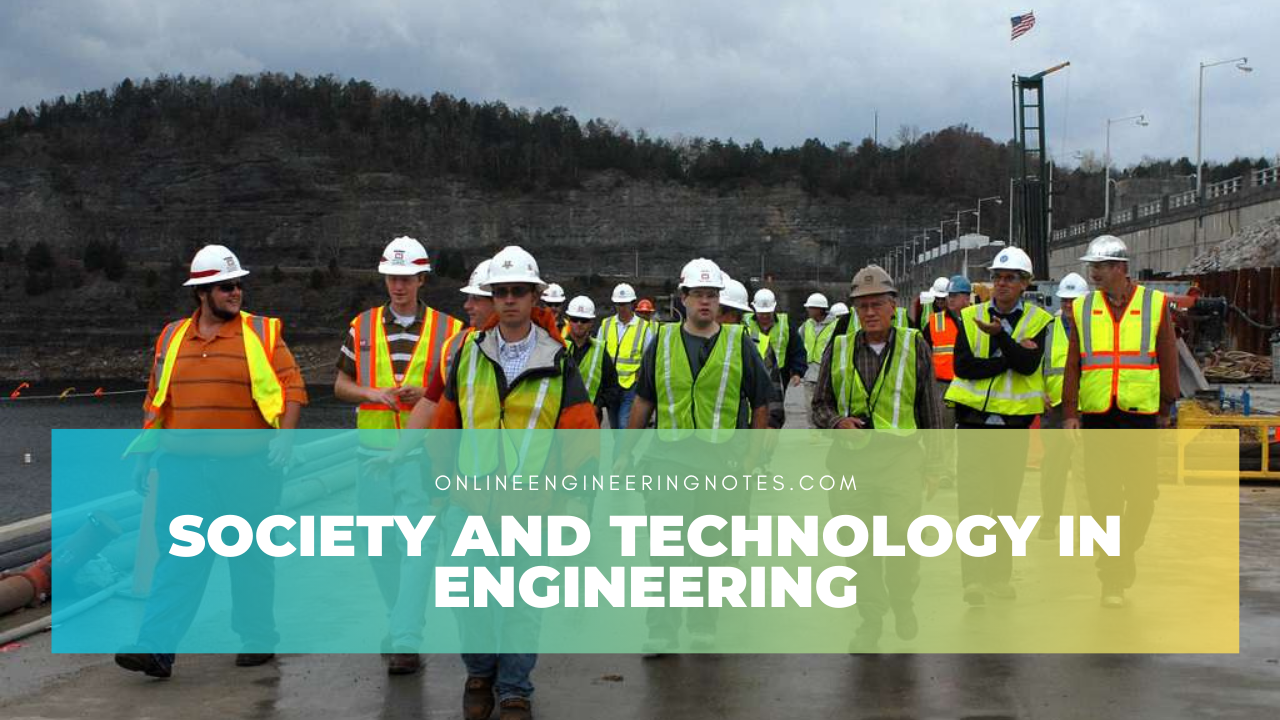1.1 Definition, types and essential elements of a society
A society refers to a group of individual who share common values, norms and interactions within a specific geographical or social boundary.
Types of Society:
1. Tribal Society:
- People live in small groups close to nature.
- Usually rely on hunting, gathering or simple farming.
- Strong sense of community and shared traditions.
2. Agrarian Society:
- People live in village or small town.
- Mainly depends on farming for pond and resource.
- Society is centered around agriculture and land ownership.
3. Industrial Society:
- People live in large cities and urban areas.
- People have various job beyond farming.
- Society focuses on production, industry and urban living.
Essential elements of society:
- Culture: Shared beliefs, value, custom, language and tradition.
- Social norms: Social rules on how we act and talk with each other.
- Social institution: Organized structure like family, education, religion and government.
- Economic system: Resource are produced, distributed and consumed.
- Communication: Exchange information through language and technology.
- Political system: Governance, laws and decision.
- Social hierarchy: Important people based on status, power and wealth.
1.2 Factors and classical theories of social change
Factors causing social change:
- Technology advancement
- Economic change
- Cultural shifts
- Political movement
- Environmental factors
- Demographic change
- Education and media
- Health advanced
- Conflicts and wars
Classical theories of social change:
1. Cyclical:
- Society goes through repetitive cycle of change, returning to similar pattern over time.
- Example: Season Change.
2. Evolution:
- Society progress and develop over time, moving towards more complex and advanced forms.
- Example: Hunting-gathering groups to advanced industrial societies.
3. Functional:
- Change happen to maintain balance and harmony in society, fulfilling necessary function.
- Example: Economic changes ensures enough resources to all people.
4. Conflict:
- Change is driven by conflicts and struggle between different groups varying interest.
- Example: Labor strikes leading to better working condition.
1.3 Impacts and Consequences of technology on socio-economic parameters
| Parameters | Impact of technology | Consequence |
| 1. Agriculture | Improved tools and crop | Increased food production |
| 2. Communication | Global instant connection | Cultural exchange and learning |
| 3. Construction | Faster, better quality building | Improved urban development |
| 4. Information | Rapid digital sharing | Easy access to knowledge |
| 5. Dispute resolution | Online conflict | Efficient dispute settlement |
| 6. Family structure | Altered family communication and role | Adaptation to changing norms |
| 7. Culture | Global spread of tradition | Cultural exchange and some culture may lost |
| 8. Livelihood | New job opportunities | Adapting to changing work |
1.4 Effects of major technological development
| Technological Development | Effects on Engineering Practice | Impact on the profession |
| 1. 2D and 3D printing | Direct creation of detailed prototypes | Faster, more accurate product testing |
| 2. Dynamite | Controlled explosive actions in construction | Safer demolition, efficient excavation |
| 3. Automation | Tasks performed by machines | Increase productivity, reduce error |
| 4. Mechanization | Machinery replace, manual labor | Faster, precise manufacturing |
| 5. Organic chemistry | Development of new material and chemicals | Advances in manufacturing material |
| 6. Transportation | Faster, efficient movement of goods/ people | Improve global connection |
| 7. Internet | Global network for communication and data | Access to information |
| 8. Communication and satellites | Global communication and data transmissions | Real time communication, navigation |
1.5 Roles of engineers in society
- To tackle real world challenge and find solution.
- Create new technologies, product and system.
- Create plans and blueprints of building and products.
- Ensure structure and technologies are safe to use.
- Develop eco-friendly solution and reduce impact.
- Explore new possibilities and improve existing technologies.
- Shape the future by creating and advancing technology.
- Promote sustainable development.
References:
- Giddens, A. (2009). Sociology. Polity Press.
- Kumar, A. (2014). Engineering Ethics and Human Values. Laxmi Publications.
- Schaefer, R.T. (2018). Sociology: A Brief Introduction. McGraw-Hill Education.
- Manual of Engineering Professional Practice (Nepal Engineering Council)

